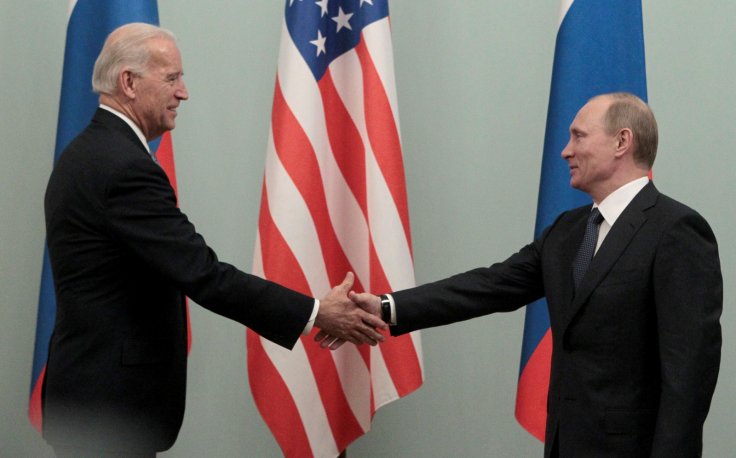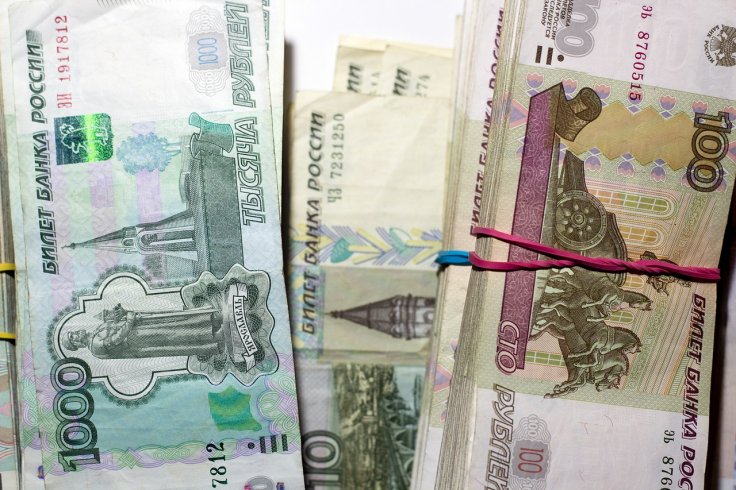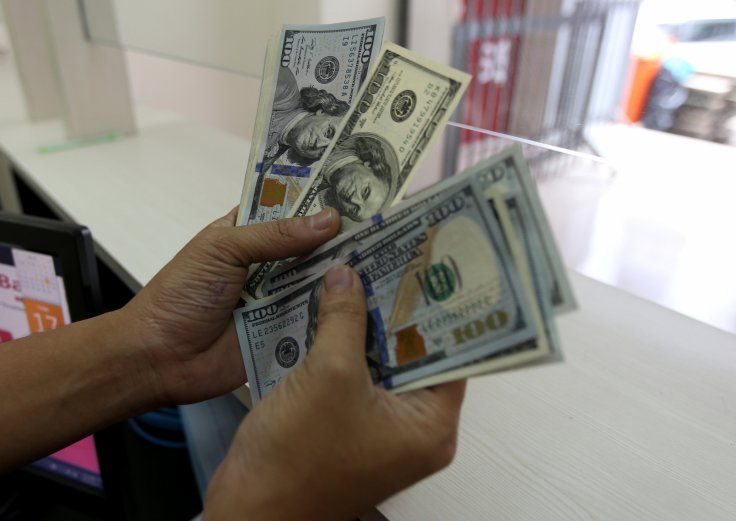As multi-decade high inflation torments Americans and gas prices are soaring, the Russians are probably grinning wide. In some ways the American crisis is an outcome of Washington's stubborn resolve to punish Russia through tough sanctions in the aftermath of the Ukraine war.
US inflation, which soared to more than 8 percent to hit a 40-year high, has been primarily caused by the Russian invasion of Ukraine and the strain it caused on the global commodities markets. The US was quick to slap sanctions on Russia hoping to goad Vladimir Putin into abandoning his Ukraine goals. However, the Russian strategy had deeper legs.
Commodities Game
In the months that followed the sanctions, Russia proved that its economy was not going to the drain all alone. The Russian rouble stayed strong and soared, the oil and gas revenues of the Russian state continued increasing and Moscow found more buyers for its commodities.

In effect, the commodities market, including those for large consumption grains, are still hugely influenced by Russia. Russian state-owned oil giant Gazprom's CEO Alexei Miller encapsulated the scenario when he said the Russians will dictate the commodities game.
"Our product, our rules. We don't play by rules we didn't create," Miler said, after announcing it was cutting gas supplies to Germany by half.
The World Bank last week lowered the rate of economic growth in the United States. It said it downgraded 2022 growth to 2.6 percent from 3.8 percent projected earlier. The bank said the Russian invasion of Ukraine has heightened the chances of stagflation and the threat for the US real and present. The world is entering a protracted period of feeble growth and elevated inflation, the Bank added.
Stagflation Threat
Stagflation, which happens when high inflation is accompanied with low growth, will invariably push many countries into recession, the Bank warned.
"The Russian invasion and spike in oil and other commodity prices is the No. 1 reason, followed by the pandemic & the housing shortage," said Mark Zandi, chief economist at Moody's Analytics,according to Fortune.
The Western sanctions sought to quickly isolate Russia on the global stage and wreck its economy. The West knew its own economies will suffer collateral damage in the process, but it appears that they have miscalculated the severity of that damage.
And, as it happened, both these projects sort of failed, with Moscow proving that it's economy is not reduced to rubble while on the geopolitical stage, Asian giants like China ad India offered unqualified support to Russia.

The energy squeeze that resulted from the Russia sanctions led to factory shutdowns and gasoline price hikes in the US, driving up the inflation. It has also been observed that manufacturing and industrial output in the US is also being hit. The forced isolation of Russia from the markets also strained the supply of foods and metals.

Inflation is high in Russia as well, but the Russian state is receiving windfall revenues from oil and gas. According to Bloomberg,Russia's oil and gas revenues will hit $285 billion in 2022, which is a whopping 20 percent higher than last year's revenue.
Cutting off Russia from the global financial network was seen in the Western capitals as a strong measure to hurt Vladimir Putin. While doing so, Washington had not calculated that the American banks would suffer in the process. But it happened.
The restrictions on doing business with Russia, fears about a possible economic slowdown due to the war, rising inflation, as well as forced recalibration of banks' overseas plans damped the spirits in the banking sector. With the bond yields suggesting a potential recession, the outlook could turn murkier for the industry in the coming quarters.
Europe's Crisis
Europe, which is hugely dependent on Russia for energy, is in the vain pursuit of ending or phasing out this dependence, and this is only going to hurt the global economy. While pledging to roll out an oil embargo on Russia by the end of the year, Europe is opportunistically silent about the Russia gas supplies, which are a lifeline for major economies like Germany.
However, Russia is unfazed in the European threat to cripple its energy revenue. "In terms of rejecting our energy resources—this is unlikely over the next few years," President Putin said this week in comments that did not get wide media publicity in the West.
Putin is confident that energy-guzzling Asian countries like China and India need oil flows from Russia and, unlike in the past, the US is powerless to stop the Asians from doing business with Moscow.








